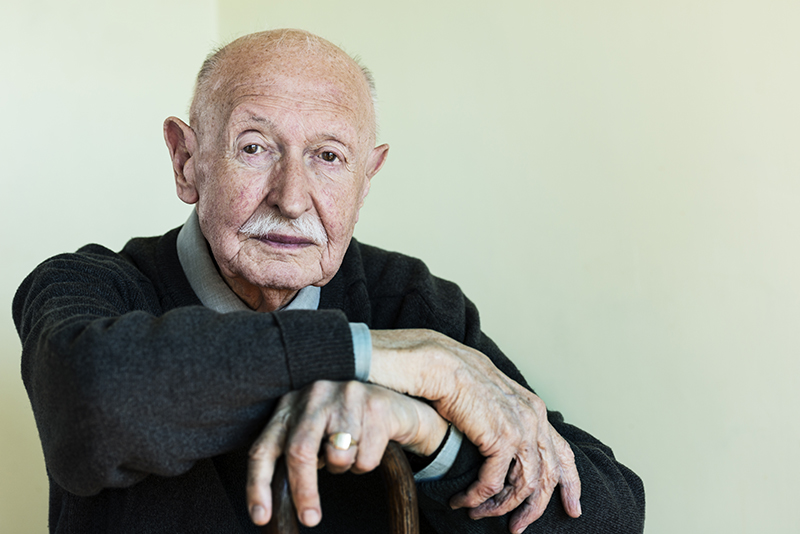
The Importance of Helping Seniors Maintain Dignity as They Age It’s all too easy to get caught up in the everyday tasks of caregiving for an older adult you care about. There is so much to be done, and often it is just quicker and more efficient to do it all yourself, letting a loved one relax. After all, our elders have taken care of things for a lifetime; don’t they deserve a break? The reality, however, is that helping seniors maintain dignity as they age is exceedingly important. Retaining independence and dignity during our later years originates from having a feeling of purpose and meaning in life. Even though ensuring safety is, of course, paramount, there are ways to empower a senior loved one in your care to remain in control as much as possible. For instance: Work together on daily tasks. While standing at the sink and scrubbing dishes may be difficult or unsafe for your older loved one, maybe he or she can sit at the table and dry them. The senior might not be in the position to bake a cake from beginning to end but can mix ingredients…
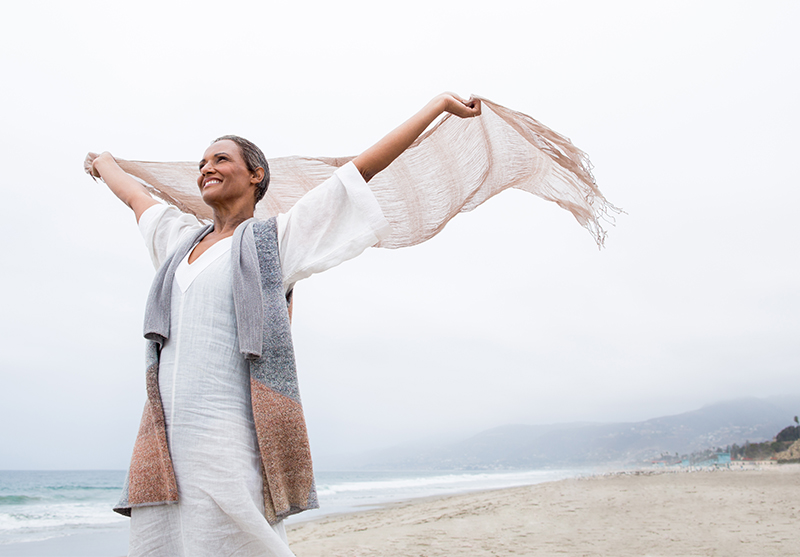
Letting Go of Caregiver Guilt Family caregivers give so much of themselves to care for their loved ones, frequently surrendering their own individual needs and desires in the process. It seems normal to assume then that caregivers would feel great about themselves, with high self-esteem and sense of purpose. Nevertheless, the reverse can be true, with many family caregivers dealing with thoughts and feelings of guilt, wishing they had more patience, a remedy for all of their senior loved ones’ dilemmas, or perhaps the power to accomplish everything by themselves without the need for assistance. They may have set unattainable and unrealistic guidelines, which often can lead to: Resentment Feeling trapped Not feeling good enough Wanting to get away Loss of pleasure in life Heightened stress Missing out on good quality time with your loved one And more If you’re experiencing feelings of family caregiver guilt, taking these steps can be extraordinarily freeing: Admit your feelings of guilt and the specific reason…
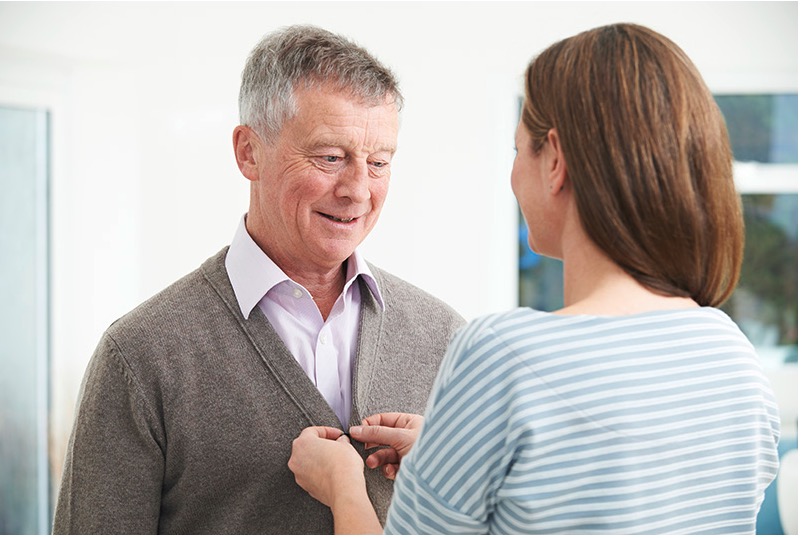
What to Do When a Senior with Dementia Refuses to Change Clothes Caring for someone with Alzheimer’s disease or another form of dementia requires creativity, patience, and empathy, being able to step outside of your individual reasoning and logic and understand just why a specific behavior is occurring, and then to learn just how to effectively manage it. That’s certainly the situation with a loved one who refuses to change clothes, regardless of how dirty or unkempt an outfit has become. There are numerous reasons why an older adult with dementia may insist upon wearing exactly the same outfit, including: Judgment or memory problems, such as losing track of time or thinking the clothes were recently changed The comfort and familiarity of a particular piece of clothing A need to maintain control Problems with the task of changing clothes Feeling stressed from the choices associated with selecting an outfit Physical pain and/or fatigue The inability to identify scent and to clearly see stains on clothes Our dementia care team has some recommendations…

Caring for Aging Parents? Make Your Family Meetings More Effective with These Tips. “It takes a village” was never a more accurate statement than when caring for aging parents. It’s very important for that “village” to maintain effective, ongoing communication so that you can provide the very best care and ensure that everyone taking part in care is on the same page. It’s also essential for family caregivers to have the opportunity to express concerns and to come together to find resolutions, to share different perspectives, and also to continue to be proactive in preparing for the future. Holding family meetings that produce good outcomes includes thinking through the following: Who should always be included – and who should not? Certainly, those providing care for the older adult should attend, as well as any other people with a concern for the older adult's health and wellbeing. Nevertheless, also take into account that while each meeting ought to include the members of the older adult's care team, there may be chances to include others as well,…
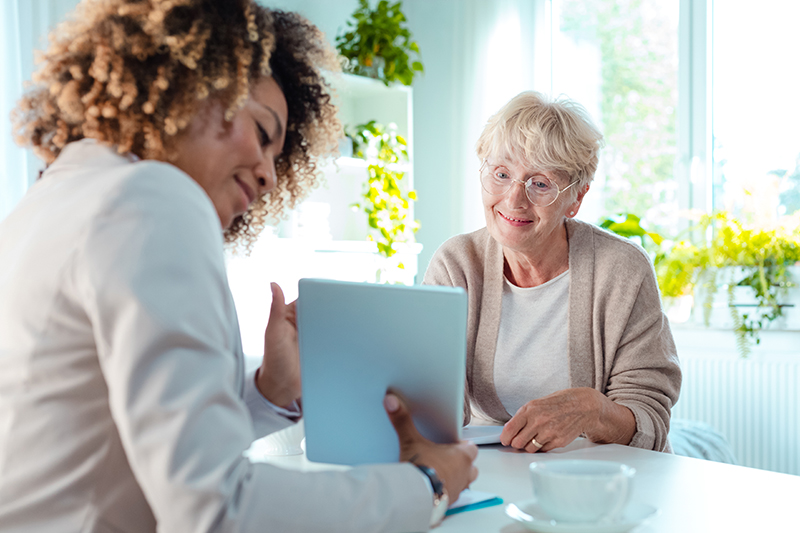
A Geriatric Care Manager: Your Ultimate Guide to Navigating Senior Care Family care providers know that navigating the process of looking for appropriate care resources for a senior loved one can seem like trying to get across the ocean in a rowboat – blindfolded, and blindsided by the buffeting swells and winds. The likelihood of making it safely to your destination are pretty slim without having the necessary tools, and an individual to assist you in how to use them. That’s where a https://dailycaring.com/when-hiring-a-geriatric-care-manager-makes-sense/geriatric care manager (sometimes known as an Aging Life Care Professional) can step in and save the day. Geriatric care managers are specialists in the many complexities of the aging process, available resources, resolution of issues pertaining to family dynamics, and more. Available for short-term consultations or up to and including full-time assistance, there are several key instances when teaming up with a geriatric care manager is particularly valuable: Long distance separates both you and your…
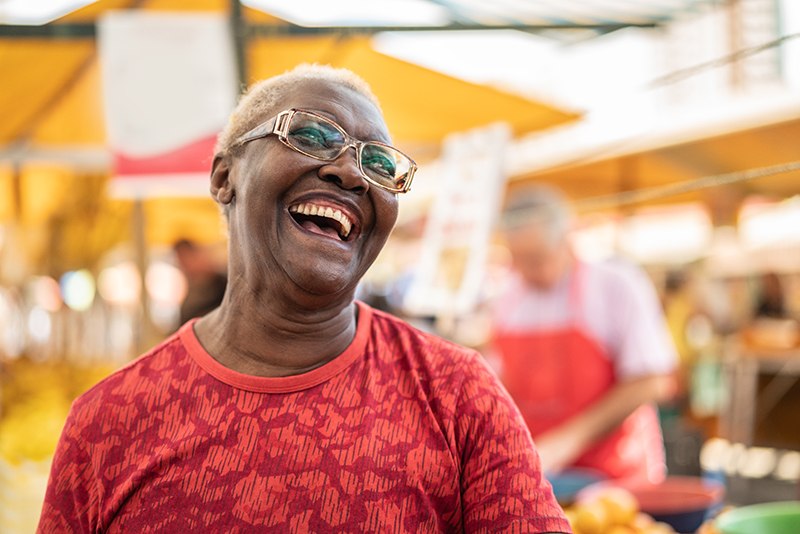
Discover the Healing Power of Laughter, and 5 Ways to Bring Joy to Seniors Each Day Have you ever felt yourself bubbling over with unrestrained laughter at the most ill-timed moment – in a packed elevator, a hushed waiting room, or a religious service? Although there are, obviously, occasions when we must stamp down the silliness, writer Jane Heller says that, “Humor can keep us balanced, even in the grimmest of times. It reminds us that despite illness and disability, there are moments of real joy in life and we need to embrace them.” The advantages of laughing are phenomenal, including: Releasing endorphins that minimize stress Strengthening brain connectivity Supplying a social boost Reducing pain Strengthening the immune system Improving mood Defending the heart from cardiovascular disease Revitalizing blood circulation and muscle relaxation, both of which relieve stress And many more Despite the fact that there’s nothing funny about being given a difficult diagnosis for a family member, there are ways to keep an inherent sense of positivity that might lead…




















